| Comments |
It's me, Paul Desmond, rapidly aging sax player with the Brubeck Quartet, sometimes called the John P. Marquand of the alto, and again playing hookey from the mother lode with the same group of sturdy compatriots that made TAKE TEN such a joy to record. On bass is the jovial presence of Eugene Wright, without whom the entire Brubeck operation would grind to a halt in a matter of hours. On drums, the master time-keeper of the Modern Jazz Quartet, Connie Kay -- who, if he didn't exist, would be much too perfect ever to be imagined by anyone. And on guitar, the redoubtable (that means the first time you hear it you don't believe it, and when you hear it again later you still don't believe it) Jim Hall.
The term bossa antigua (it means, or at least it should, "old thing," as opposed to "new thing") began as a slightly rueful play on words because by the time I got around to doing a few bossa nova tunes on TAKE TEN it was several years after the first flash from Brazil and couldn't properly be called a new thing any more. This album carries the term a step further, in that the rhythm on several tracks is a sort of skeletal bossa nova with various old-timey flavors added. ALIANCA, for instance, has Jim Hall functioning as the only accredited Brazilian delegate, accompanied by routinely impeccable Connie Kay shtick and a nice comfortable New York 2 from Eugene Wright. A SHIP WITHOUT A SAIL and THE NIGHT HAS A THOUSAND EYES contain other variations, ranging from Early Calumet City Strip to a subliminal fraelich. (If any of you feel creative out there, you could get together some rainy night and figure out an Old Thing dance to go along.)
The tunes, except for SHIP and NIGHT, are mostly originals. O GATO was written by Jim Hall's friend Jane Herbert, and it's as charming as she is, which is saying a lot. The others are tunes I wrote. One is based on a minor adaptation of a melody indigenous to early American coffee houses, a few are extensions of themes that have been wandering through my head recently, and the one called CURACAO DOLOROSO is a sort of three-stage operation. Originally I'd wanted to do HEARTACHES, because it seemed so incongruous and because the original record of it had something of the same neolithic connection to bossa nova as early marching bands had to Gerry Mulligan. I wrote a different set of changes for it and we tried it, and it was so horrible that George Avakian emerged from the control room in the middle of the first take, waving his arms and shuddering. (This is a musical milestone of sorts, since George usually smiles serenely thru the most disastrous takes imaginable, hoping that something good will somehow happen and he'll be able to splice it in later. I think the only other time he walked out in the middle of a take, the studio was on fire.) So on a later date we used the chords and avoided the melody, which is what you're supposed to do in jazz anyhow, come to think of it, and it worked out nicely. (Since it's a different melody and a different set of chords, the writers of HEARTACHES won't be around looking for royalties -- but if they ever feel like dropping by for a drink, I'm usually home between 4 and 6.)
As always, George Avakian masterminded the entire operation effortlessly, even with a telephone more or less permanently installed in one ear. (There was one point, I must admit, when the only way I could get his attention was to go out to the phone booth and call him.) I don't know how the phone calls worked out, but I love the album
017 04/02/16 |

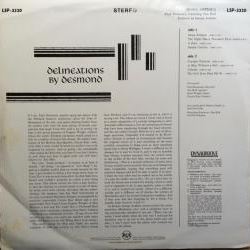
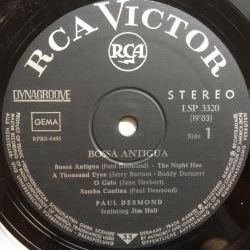
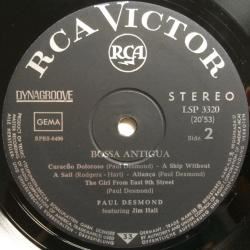

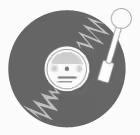

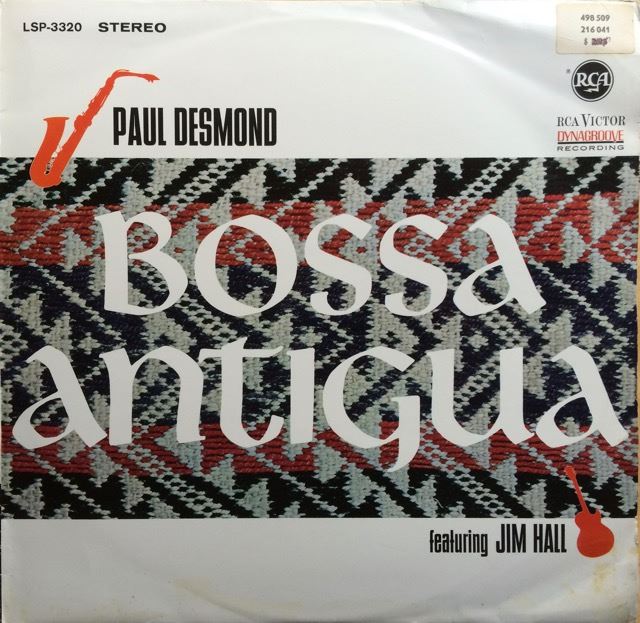
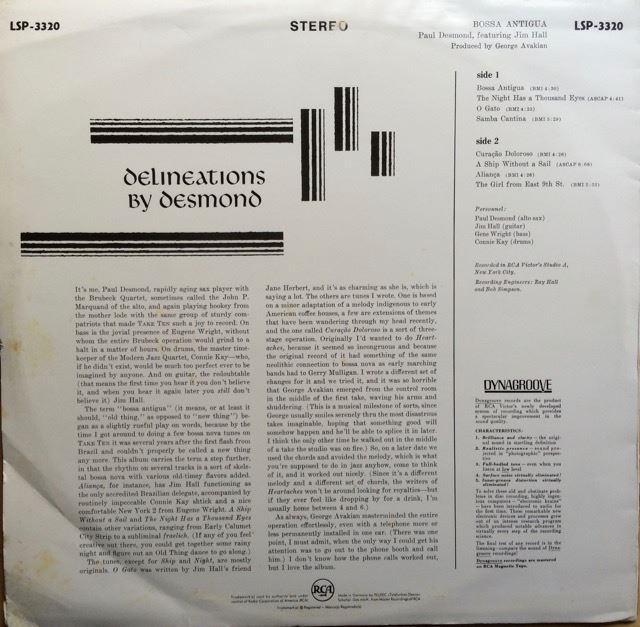
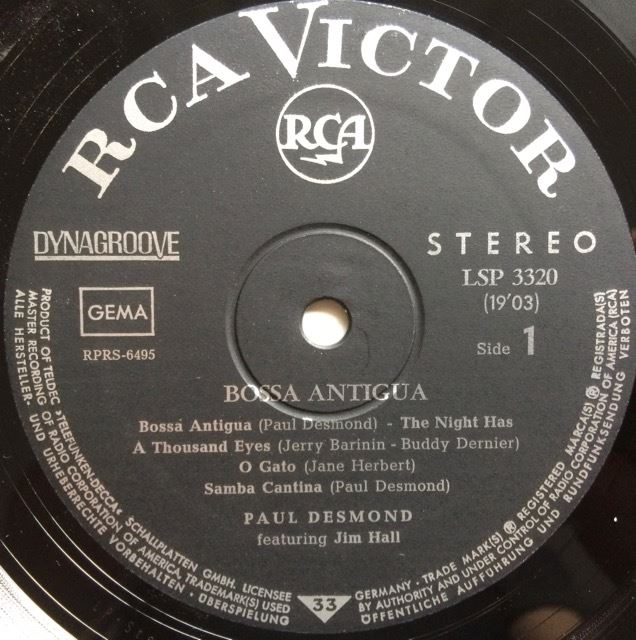
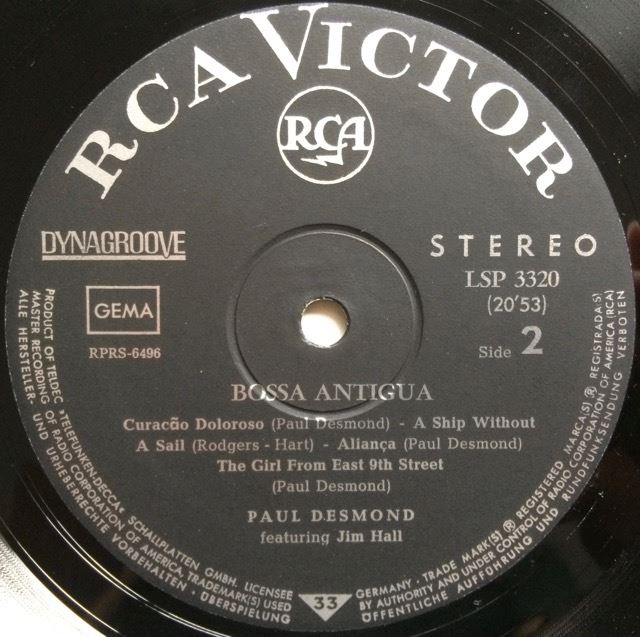
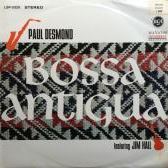
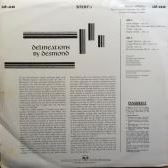
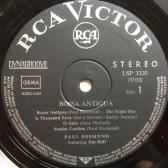
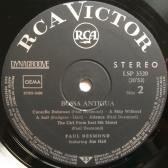

 MyRecordList is free to use - we don't want useless advertising taking up space and the only annoying message you will see on this site is this note asking you to kindly donate whatever you can afford if you use the site regularly or would just like to support a small independent project created for the love of music and record collections.
MyRecordList is free to use - we don't want useless advertising taking up space and the only annoying message you will see on this site is this note asking you to kindly donate whatever you can afford if you use the site regularly or would just like to support a small independent project created for the love of music and record collections.